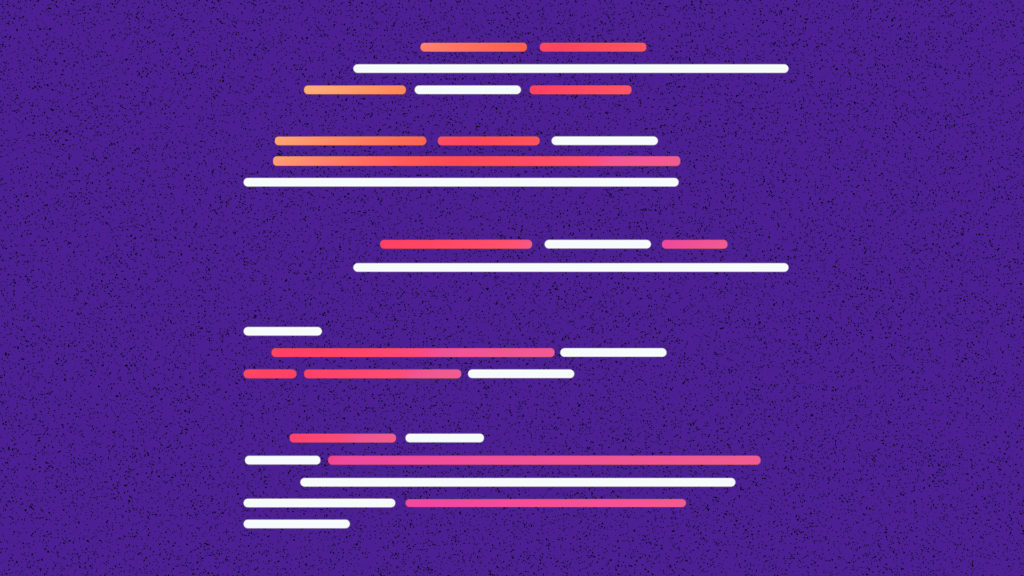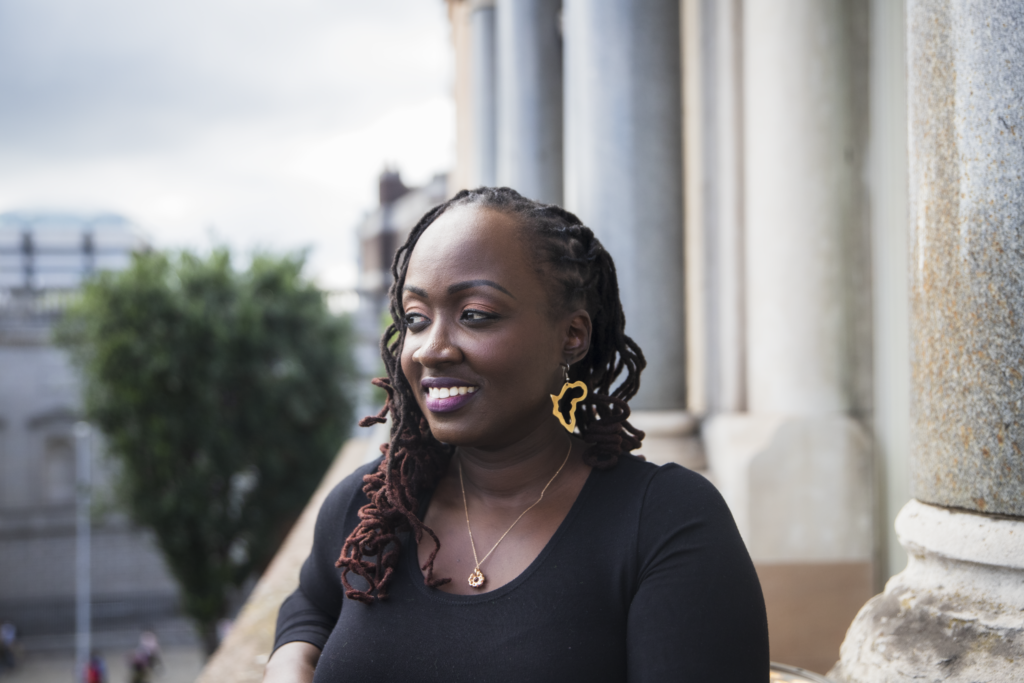How to get started on open-source development

Open-source technology isn't just about building software - it's about creating solutions collaboratively, making them freely available for anyone to use and adapt. This approach lowers barriers of access and allows solutions to be tailored to varying nuanced contexts rather than applying a copy-paste approach.
I come from a family with a heavy engineering background. Both my parents are engineers, so I always knew I wanted to pursue an engineering-related career. My dad sparked my interest in tech when he let me tinker on his work laptop at a young age. That early exposure fueled my curiosity, leading me to study computer science at Strathmore University in Kenya.
After graduating, I joined Nairobi's iHub - the city's first innovation hub. That's where I met the founders of Ushahidi and began volunteering with their organization. This was my introduction to open source, and it showed me how powerful community-driven projects can be.
If you're curious about how to get started in open-source development, here's what I've learned along the way.
What is open source, and why does it matter?Open-source technology is especially powerful for creating inclusive solutions because it allows people to adapt them to specific needs. By making it freely available, it ensures that anyone can benefit, regardless of their circumstances. This adaptability ensures that the technology can be inclusive and relevant to different cultural, economic and social settings.
One major criticism of AI systems today is the lack of visibility into how they are built and the underlying data they are trained on, especially because AI systems perpetuate biases against disenfranchised communities. Building AI tools in open-source environments fosters trust and collaborative improvement. This ensures that the tools are transparent, accessible and relevant, reducing the risk of further alienating people and communities that have historically been left out. As I see it, this practice fosters innovation by making it possible to design tools that serve everyone better.
Finding the right projectBe open to exploration. Join community channels, observe discussions and read user feedback. Don't be afraid to ask questions - curiosity is welcomed in open-source communities. Even small contributions like fixing minor bugs or improving documentation are highly valued and can build your confidence to take on more complex tasks.
To find projects aligned with your values, immerse yourself in the right spaces. It starts with attending physical or virtual meetings focused on ethical AI, data equity or humanitarian tech. Events like All Things Open, FOSS4G and the Creative Commons Summit are excellent starting points. I also recommend following organizations like Mozilla, Datakind and Ushahidi that focus on these issues. Engaging in these communities will help you identify opportunities that align with your values and skills.
The role of community in open sourceThere's no open source without community. Collaboration, inclusivity and shared ownership are essential to every successful project. For example, Ushahidi's global community of users and contributors has driven innovations that benefit people in more than 160 countries. One of our core features, the custom forms functionality, was built by a community member and integrated into the main platform for others to use.
People are more likely to stay engaged when they feel part of something larger than a technical endeavor - when they know their work is helping to create tangible, positive change. It's this sense of connection and shared responsibility that makes open source so powerful. To make communities more inclusive, we must actively welcome diverse voices, use inclusive language and create mentorship opportunities for underrepresented contributors.
 Angela Lungati is a technologist, community builder and executive director of Ushahidi, a global nonprofit that helps communities share information to drive change.Learning by doing
Angela Lungati is a technologist, community builder and executive director of Ushahidi, a global nonprofit that helps communities share information to drive change.Learning by doingOpen-source communities are fantastic environments for learning. In these spaces, you don't just read about issues like AI bias or data equity - you actively work on them. Contributing to projects allows you to experiment with code, test ideas and get feedback from people with different perspectives and skill sets. This hands-on experience deepens your understanding of how technology impacts various communities and helps you develop solutions that are equitable and inclusive.
Final adviceDon't overthink it. Start with small contributions, ask questions and immerse yourself in the community. Open source is about collaboration and persistence. The more you engage, the more you'll learn, and over time, your contributions will grow in impact. Open source is a chance to make a real difference - to shape tools that reflect the needs and values of people everywhere.
Angela Lungati is a technologist, community builder and executive director of Ushahidi, a global nonprofit that helps communities share information to drive change. She also serves on the boards of Creative Commons and Humanitarian OpenStreetMap Team. Angela cofounded AkiraChix and champions using technology to empower marginalized groups. A Rise25 honoree, she recently delivered the keynote at MozFest House Zambia. She also shared her views on inclusive AI in an op-ed for Context by the Thomson Reuters Foundation. You can read it here.
The post How to get started on open-source development appeared first on The Mozilla Blog.